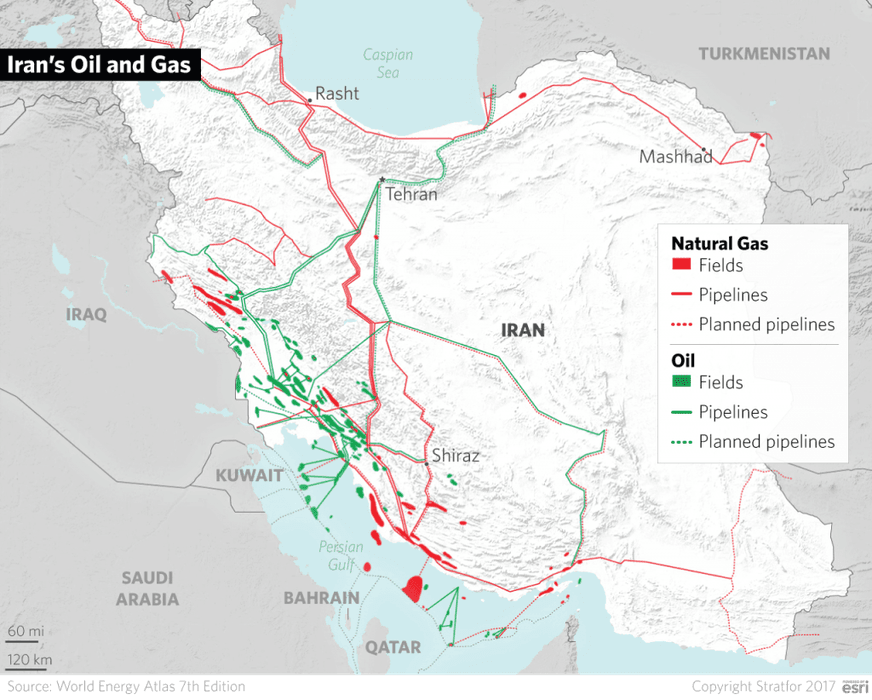Sublime
An inspiration engine for ideas
It’s the amount of energy you put in for the amount of energy you get out. Once you’ve passed “peak,” it doesn’t matter how much energy you put in, you’ll get less and less out — until you reach the point at which no matter how much energy you put in, there is no return, because there is nothing left to extract. How you measure energy invested and
... See moreAndrew Boyd • I Want a Better Catastrophe: Navigating the Climate Crisis with Grief, Hope, and Gallows Humor

Paradoxically, the challenge for the entrepreneurs who will create Energy 2.0 is to think small.
Peter Thiel, Blake Masters • Zero to One
It took many years, but today the U.S. economy uses about half the amount of oil per dollar of GDP than it did in the 1970s.
Alex Taborrok • Modern Principles of Economics
Subsequent bets in oil and energy were disasters, resulting in billions in writeoffs. GE stock fell from $40 in 2007 to $7 by 2018. Blame placed on CEO Jeff Immelt—who ran the company since 2001—was immediate and harsh.
Morgan Housel • The Psychology of Money: Timeless lessons on wealth, greed, and happiness


